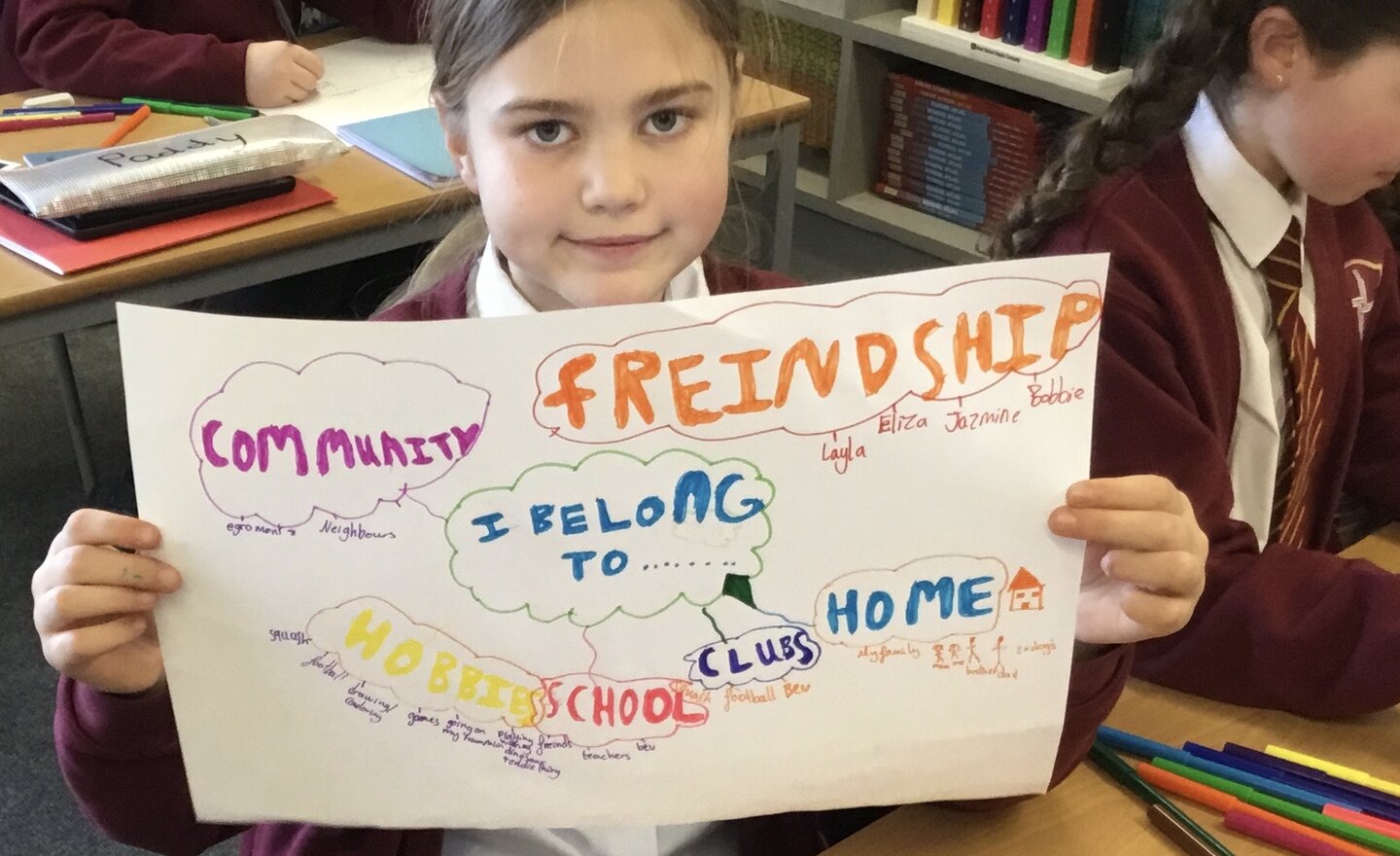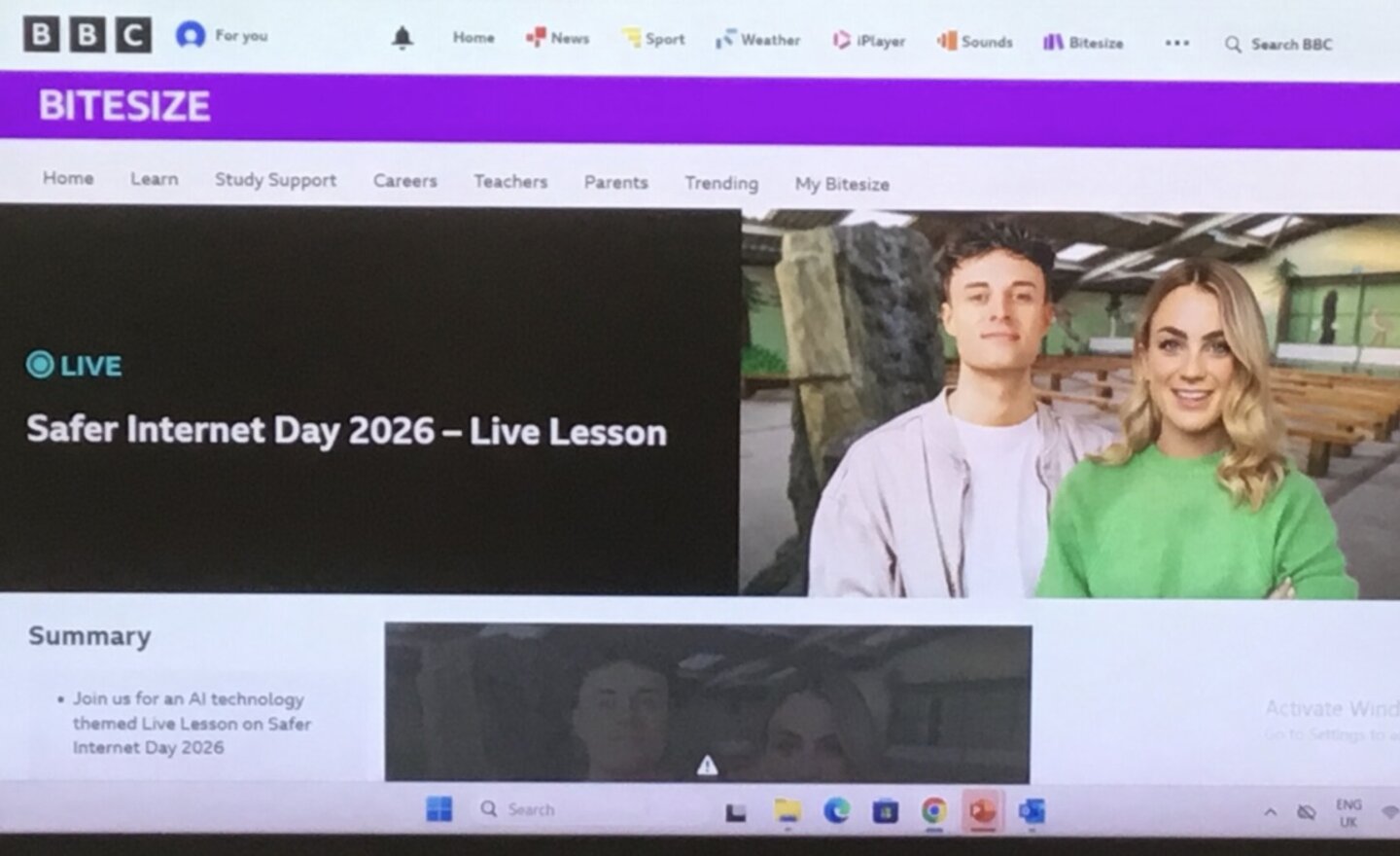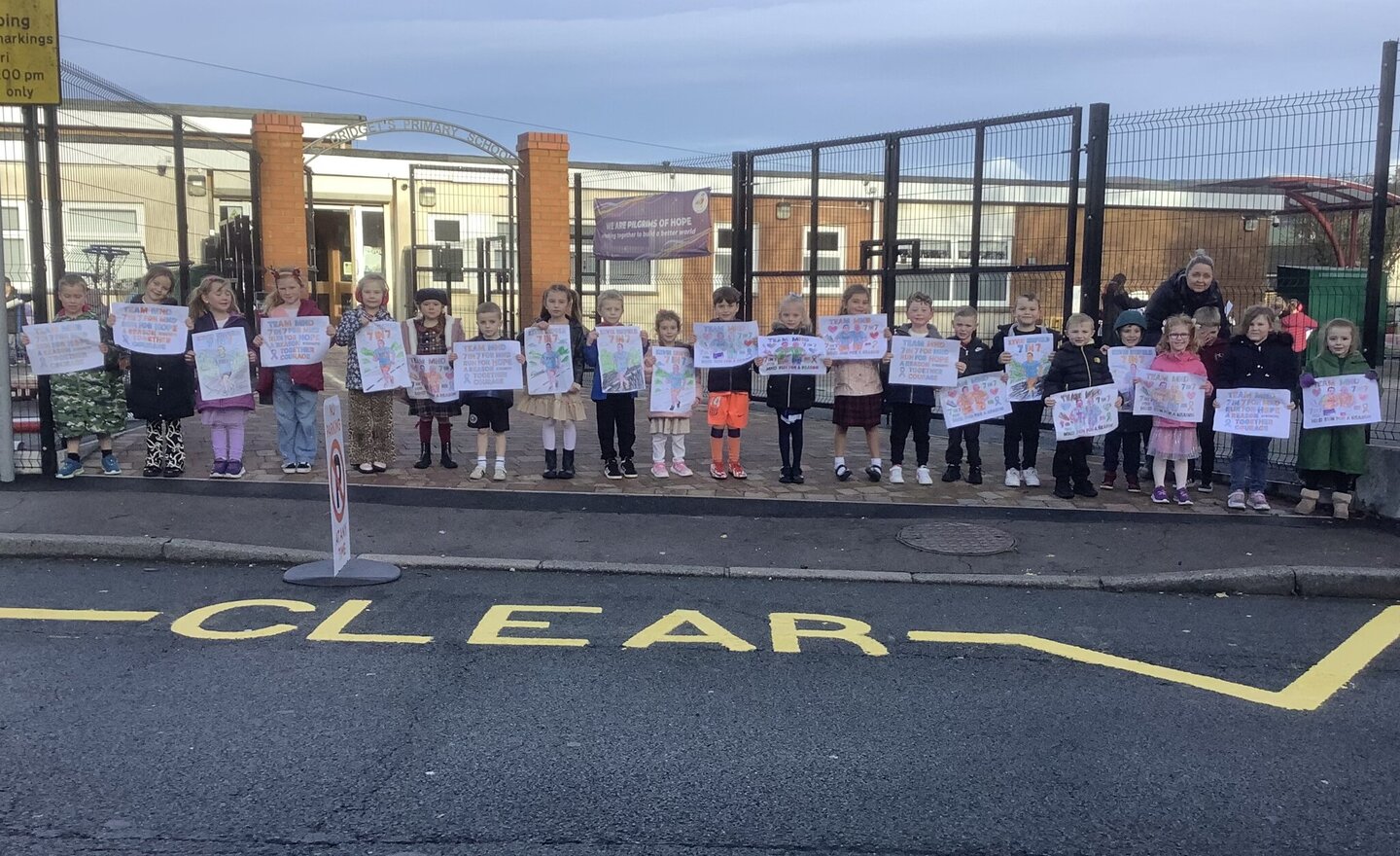What is PSHE Education?
PSHE Education (Personal, Social, Health and Economic Education) is a planned programme of learning through which children and young people acquire the knowledge, understanding and skills they need to successfully manage their lives – now and in the future. As part of a whole-school approach, PSHE Education develops the qualities and attributes pupils need to thrive as individuals, family members and members of society.
What do schools have to teach in PSHE Education?
According to the National Curriculum, every school needs to have a broad and balanced curriculum that:
• promotes the spiritual, moral, social, cultural, mental and physical development of pupils at the school;
• prepares pupils at the school for the opportunities, responsibilities and experiences of later life;
• promotes British values.

What is Jigsaw, the mindful approach to PSHE, and how does it work?
Jigsaw is a whole-school approach and embodies a positive philosophy and creative teaching and learning activities to nurture children’s development as compassionate and well-rounded human beings as well as building their capacity to learn.
Jigsaw is a comprehensive and completely original PSHE Education programme (lesson plans and teaching resources) for the whole primary school from ages 3-11 (12 in Scotland). Written by teachers and grounded in sound psychology, it also includes all the statutory requirements for Relationships and Health Education, and Sex Education is also included in the Changing Me Puzzle (unit).
Jigsaw has two main aims for all children:
• To build their capacity for learning
• To equip them for life
Jigsaw brings together PSHE Education, compulsory Relationships and Health Education, emotional literacy, mindfulness, social skills and spiritual development. It is designed as a whole school approach, with all year groups working on the same theme (Puzzle) at the same time at their own level. There are six Puzzles (half-term units of work) and each year group is taught one lesson per week. All lessons are delivered in an age- and stage-appropriate way so that they meet children’s needs.
HRSE
From September 2020, primary schools in England also need to teach Relationships and Health Education as compulsory subjects and the Department for Education strongly recommends this should also include age-appropriate Sex Education.
Schools also have statutory responsibilities to safeguard their pupils (Keeping Children Safe in Education, DfE, 2022) and to uphold the Equality Act (2010).
For specific information about Health, Relationships and Sex Education (HRSE), click here: https://www.st-bridgets-pri.cumbria.sch.uk/curriculum/subjects/hrse
Related News
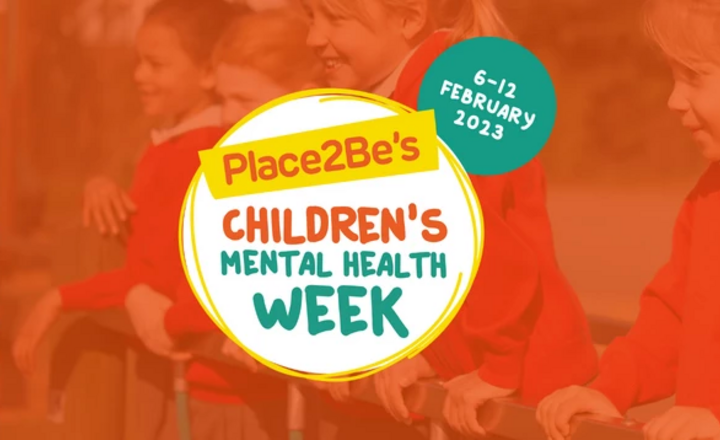
Children's Mental Health Week 2023
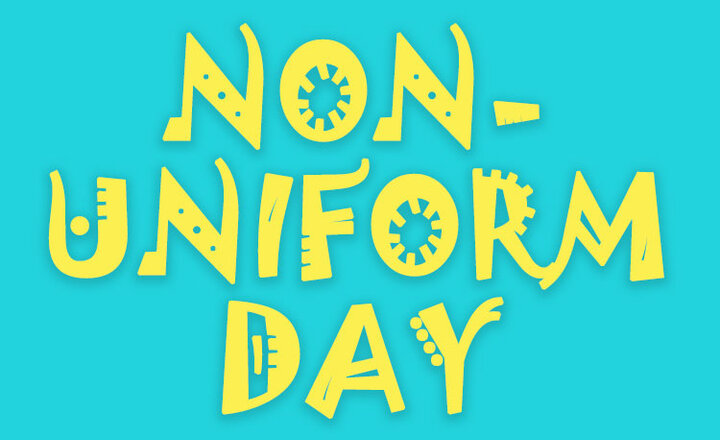
Non Uniform Day, Friday 10th February 2023
Related Blog Posts
Mental Health Week 2026
For Mental Health Day 2026, the theme was “This Is My Place,” focusing on the importance of belonging and helping children and young people feel safe, valued, and supported in their everyday environments.
Year 5 spent time thinking about the different groups they belong to, such as their…
Year 3 Safer Internet Day 2026
Year 3 took part in a Safe Internet day live lesson. They created their own AI chat bot and considered the risk of using AI. They designed brilliant posters to inform others. In HRSE they reflected on cyber bullying as part of anti-bullying and how to respond to bullying.
Year 1 Supporting Kevin Singield’s 7 in 7 Challenge 2025
Year 1 found out all about Kevin Sinfield and why he does the 7 in 7 Challenge every year in memory of his friend, Rob Burrows. The children loved seeing him set off on his West Cumbrian leg of the event and couldn’t wait for him to come to Egremont. They spent some of the morning making posters…

